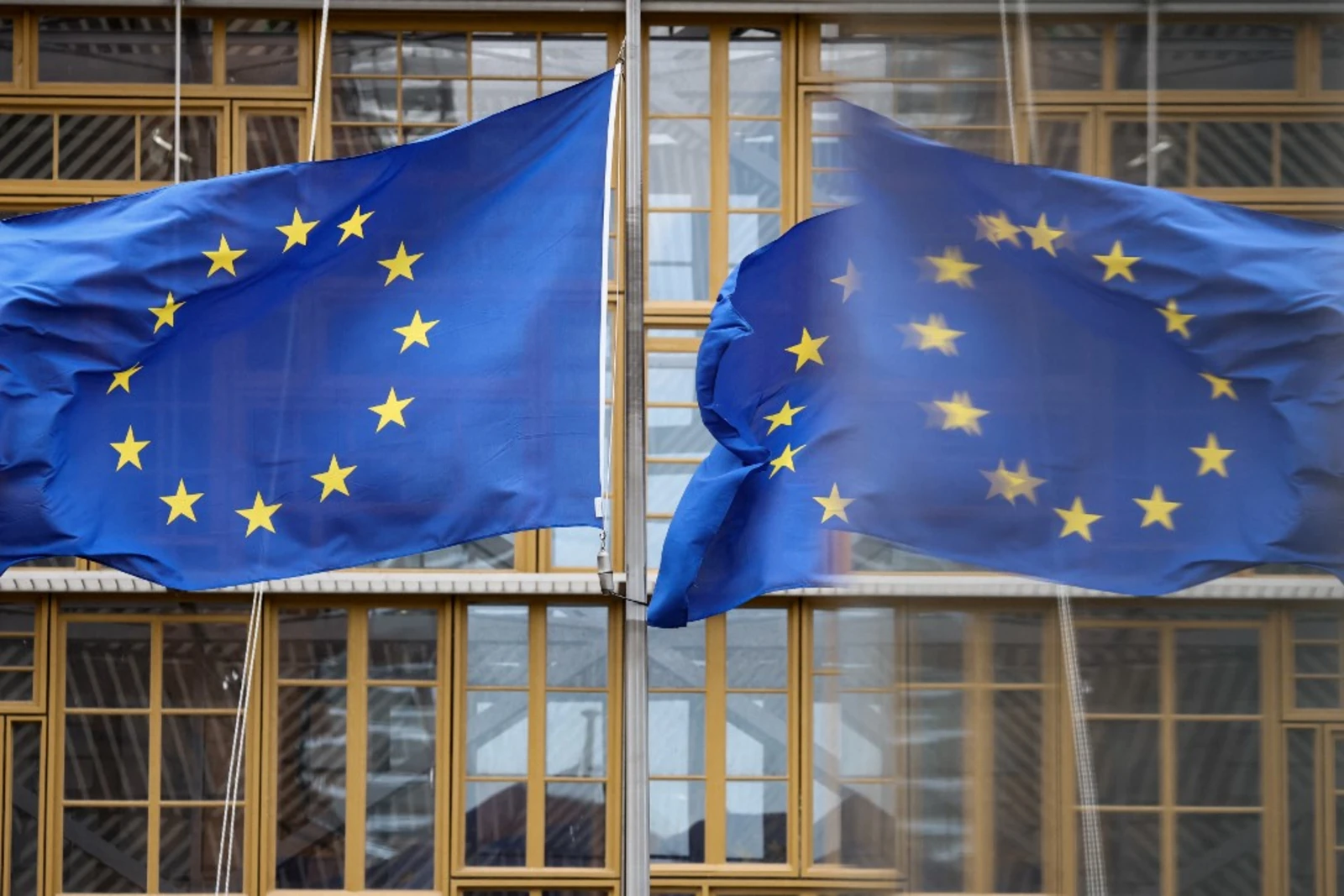Following temporary bans placed on the products due to farmer protests, the European Commission announced on Friday that Bulgaria, Hungary, Poland, Romania, and Slovakia had reached an agreement to permit the transit of Ukrainian food exports.
Due to Russia’s invasion, Ukraine must now transport grain overland through its borders as the old Black Sea export route has been severely restricted.
The import of specific goods from Ukraine was agreed upon with no quantitative limitations, customs checks, or official inspections.
However, after a drop in prices, farmers in Ukraine’s neighbours Hungary, Poland, and Slovakia protested, which led to a number of restrictions and bans on the country’s food exports.
Regarding Ukrainian agri-food products, (the) EU Commission has struck a preliminary understanding with Bulgaria, Hungary, Poland, Romania, and Slovakia, EU Trade Commissioner Valdis Dombrovskis tweeted.
The agreement will result in Poland, Slovakia, Hungary, and Bulgaria dropping their “unilateral measures.” Wheat, maize, rapeseed, and sunflower seed exceptional protection measures.
As well as a 100 million euro ($110 million) assistance package for impacted farmers in (the) five Member StatesWe have taken action to allay the worries of Ukrainian and adjacent EU farmers.
Ukrainian sunflower oil producers stopped purchasing seeds as soon as the Polish prohibition was made public since there was no assurance that they would be able to sell their product to the EU.
The unpredictability surrounding the planned May 18 renewal of a pact securing the Black Sea grain corridor’s operation has led to tensions between Kyiv and its European neighbours.
















